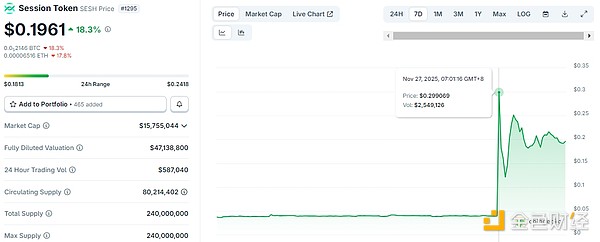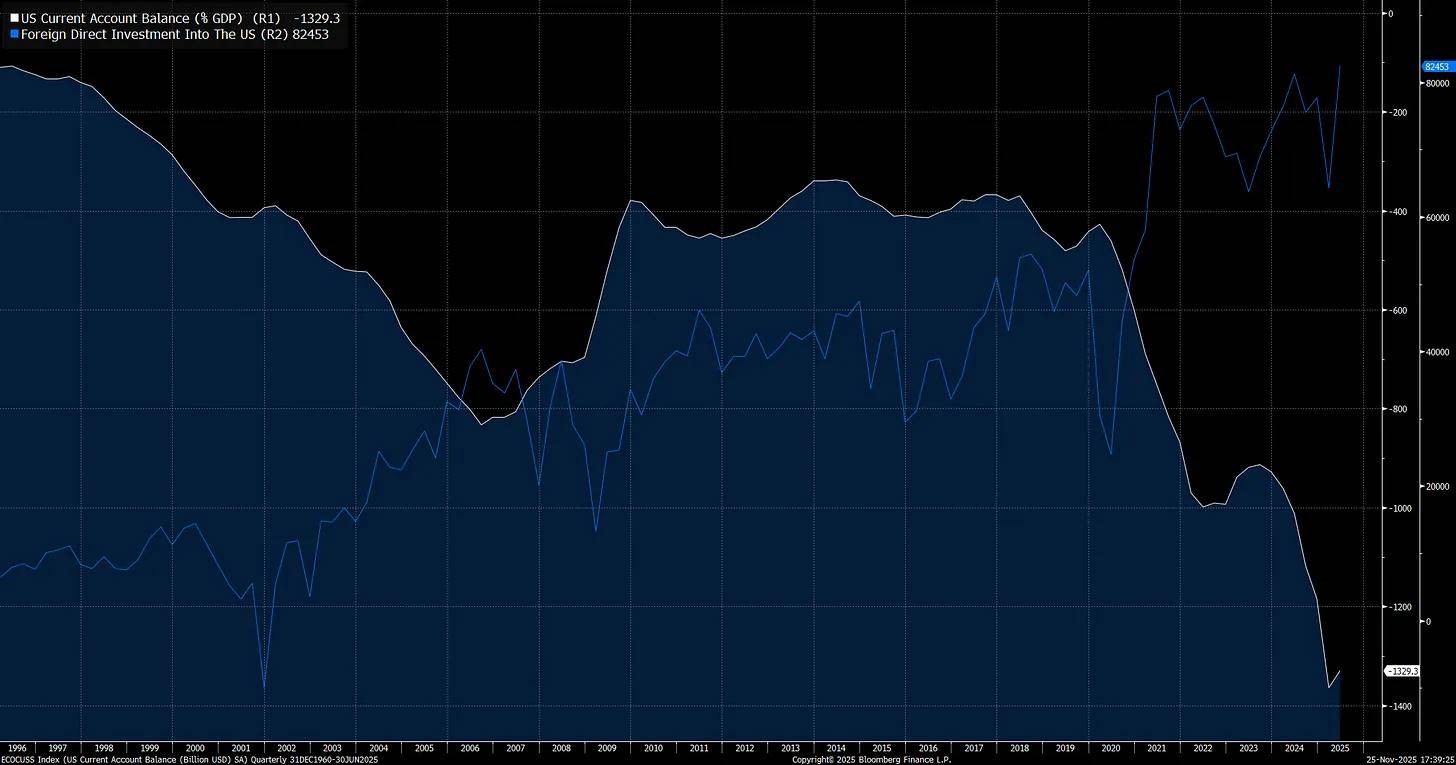Grayscale Bitcoin Trust ETF outflows exceed $21B in under 12 months
From cointelegraph by Arijit Sarkar

NEWSCOINTELEGRAPH IN YOUR SOCIAL FEED Follow our Subscribe on
More than $21 billion has been withdrawn from the Grayscale Bitcoin Trust (GBTC) since its launch on Jan. 11, making it the only spot Bitcoin exchange-traded fund (ETF) in the United States with a negative net investment flow.
As of Dec. 16, GBTC’s total outflows amounted to $21.045 billion as the trust continues to shed millions of dollars worth of investment daily. According to data from Farside Investors, GBTC has lost a daily average of $89.9 million for the past 11 months.

Spot Bitcoin ETF flow. Source: Farside Investors
While the remaining 10 spot Bitcoin BTC$104,002 ETFs approved in the US have maintained positive balance sheets, GBTC’s outflows overshadow the investments brought in by nine of the funds, as shown in the chart above.
Grayscale’s $21 billion outflows shadow other spot Bitcoin ETFs
The new nine — the Fidelity Wise Origin Bitcoin Fund, Bitwise Bitcoin ETF, ARK 21Shares Bitcoin ETF, Invesco Galaxy Bitcoin ETF, Franklin Bitcoin ETF, Valkyrie Bitcoin Fund, VanEck Bitcoin ETF, WisdomTree Bitcoin Fund and Grayscale Bitcoin Mini Trust ETF — have collectively brought in $20.737 billion.
In contrast, BlackRock's iShares Bitcoin Trust (IBIT) plays a major role in ensuring a positive balance sheet. IBIT’s total inflows stand at $35.883 billion, with the fund attracting $153.3 million daily since inception.
Spot Bitcoin ETFs Surge to $35.5 billion despite Grayscale’s investment exodus
Despite the billions of dollars of outflows, the total spot Bitcoin ETF market has surged, reaching over $35.5 billion in investments in under a year.
Related: Bitcoin ETF ads spotted on China’s Alipay payment app
Grayscale’s Ethereum Trust ETF (ETHE), which was launched along with eight other spot Ether ETH$3,903.03 ETFs in the US, is following a trend similar to its Bitcoin counterpart.
As of Dec. 13, ETHE has lost over $3.5 billion total in under six months since its launch on July 23.
All other funds on the spot ETH ETF ecosystem have a positive inflow, with BlackRock's iShares Ethereum Trust ETF (ETHA) and Fidelity Ethereum Fund (FETH) leading the drive with investments worth nearly $3.2 billion and $1.4 billion, respectively.
Disclaimer: The content of this article solely reflects the author's opinion and does not represent the platform in any capacity. This article is not intended to serve as a reference for making investment decisions.
You may also like
The covert war escalates: Hyperliquid faces a "kamikaze" attack, but the real battle may have just begun
The attacker incurred a loss of 3 million in a "suicidal" attack, but may have achieved breakeven through external hedging. This appears more like a low-cost "stress test" targeting the protocol's defensive capabilities.


Interview with VanEck Investment Manager: From an Institutional Perspective, Should You Buy BTC Now?
The support levels near $78,000 and $70,000 present a good entry opportunity.

Macroeconomic Report: How Trump, the Federal Reserve, and Trade Sparked the Biggest Market Volatility in History
The deliberate devaluation of the US dollar, combined with extreme cross-border imbalances and excessive valuations, is brewing a volatility event.

